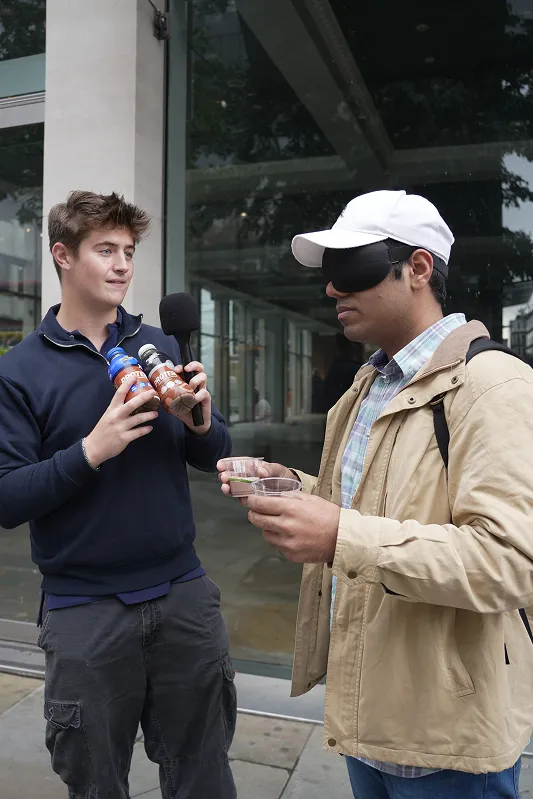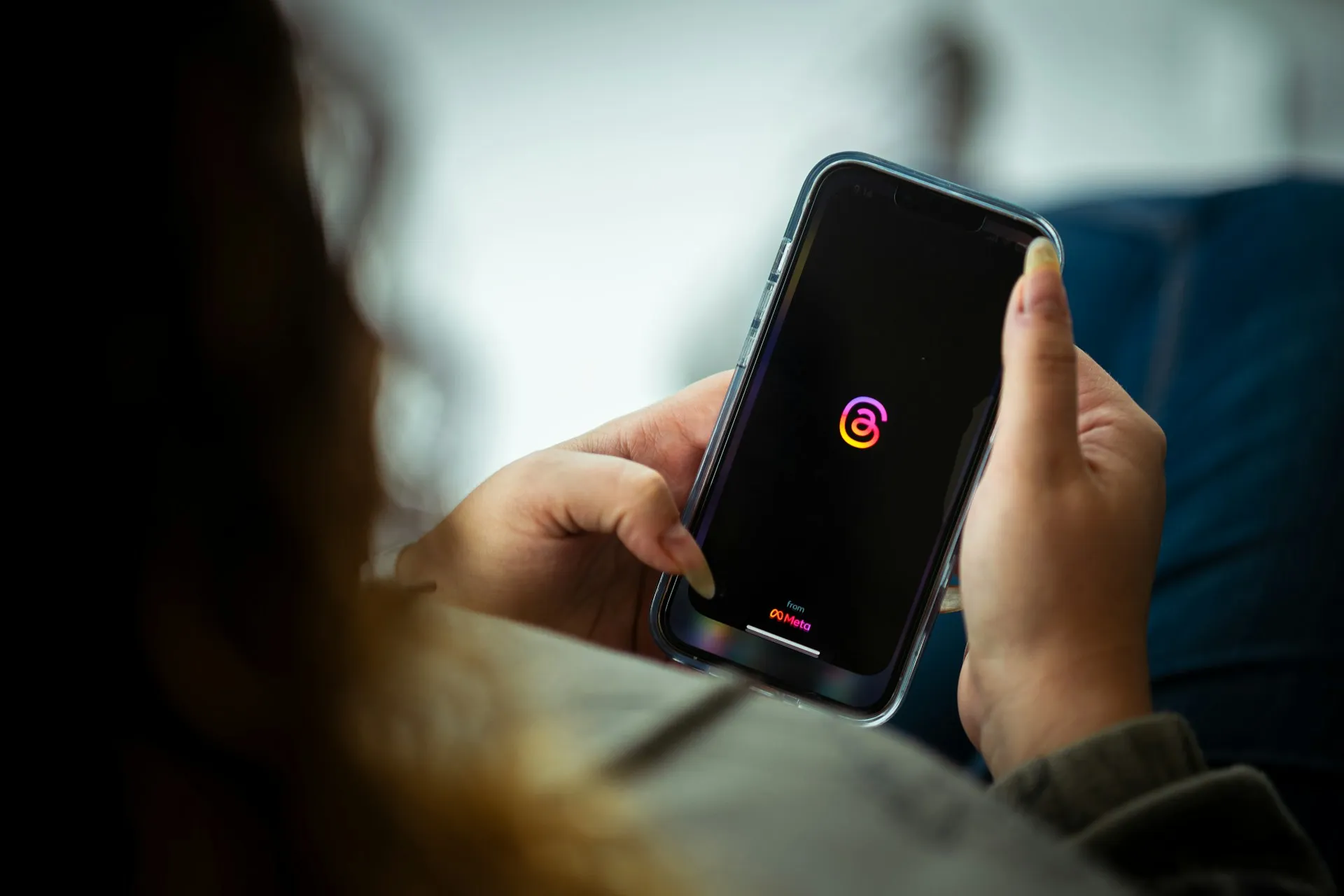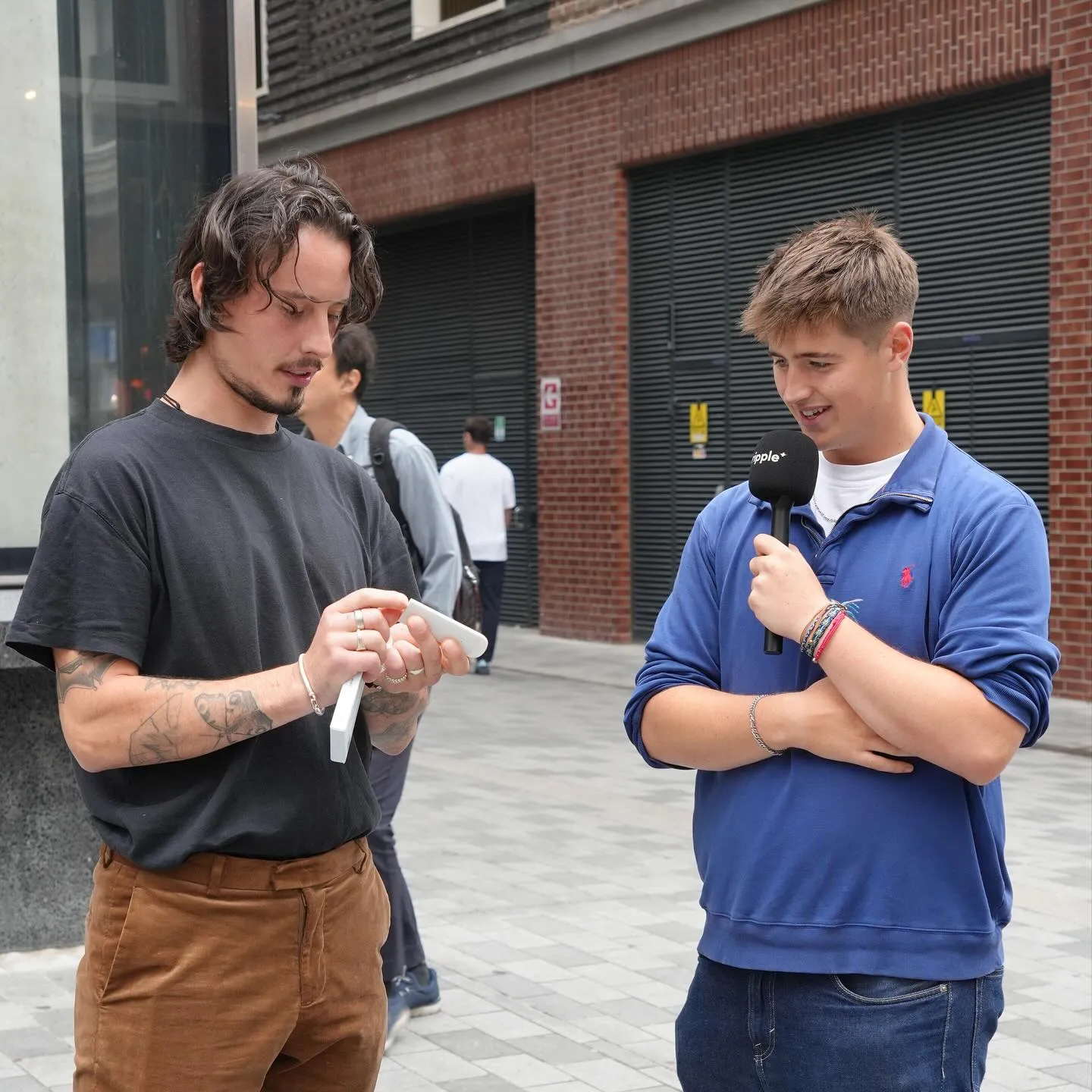How Street Interviews Build Brand Trust (and How to Do Them Right)

Street interviews aren’t just viral content for creators anymore. They’re fast becoming one of the most effective tools brands can use to build trust. In a world where consumers are becoming savvier and more skeptical, the realness of a street interview cuts through the noise.
But what is it about this format that makes it feel so trustworthy?
It’s the lack of polish. The raw honesty. The immediate connection that happens when someone’s caught off guard and speaks from the heart. Brands spend millions trying to feel authentic, while street interviews do it with a mic, a camera and a good question.
Real people, real reactions
At the heart of every good street interview is the participant. They’re not actors. They’re not reading lines. They’re just being themselves. And that’s powerful. When audiences see regular people reacting in real time, they pay attention. It feels unfiltered and unrehearsed.
This format naturally answers some of the biggest trust-building questions:
- Who is actually using this product or service?
- What do everyday people really think about it?
- How does the brand show up in the real world?
Whether a brand is asking lighthearted questions or diving into values and beliefs, street content can humanise it fast.
Relatability builds connection
A 30-second video with a street interview can achieve what long-form ads struggle with: emotional connection. The content works because it mirrors real life. When audiences relate to a stranger’s answer, they feel seen. When they laugh, they feel included. And when something unexpected happens, it creates memory.
Brands that lean into this relatability win more than just views. They win loyalty.
Street content performs well across platforms
One of the big reasons street interviews are so effective is that they’re platform-native. They fit perfectly into TikTok, Reels, Shorts and even LinkedIn when framed right. The short form, face-to-camera style, mixed with punchy edits and captions, is already what audiences are engaging with.
It doesn’t feel like an ad. And that’s why people watch it.
How to do it right
If you're considering using street interviews for your brand, here are a few things to keep in mind:
- Ask the right questions
Keep it short, engaging and relevant. Avoid overused prompts. Aim for curiosity and relatability. - Choose your setting carefully
The backdrop matters. High footfall areas, local spots, festivals or relevant events help create energy and trust. - Make it feel natural
Don’t over-direct. Let people speak freely. A little awkwardness is often what makes it feel real. - Edit with intent
Use captions that reflect your tone. Show multiple perspectives. Highlight real emotion. - Don’t push product too hard
Let the brand presence be subtle. People are more likely to trust what doesn’t feel forced.
When done right, it’s trust on repeat
Every time someone new watches your interview content, they get a glimpse into your brand's values, personality and audience. That repetition, when delivered authentically, builds trust over time.
At Upbeat Media, we work with brands to make this content not only look good but feel right. If you're thinking about street interviews as part of your content mix, now’s the time to lean in.



